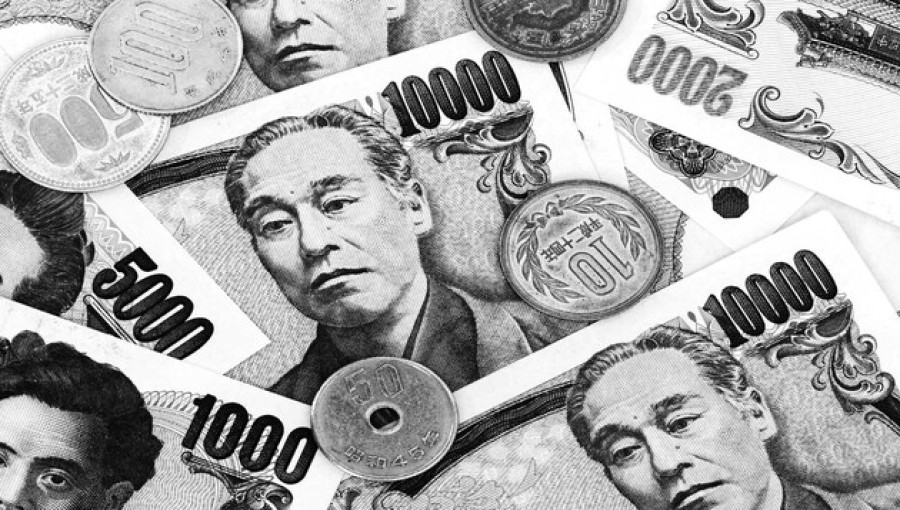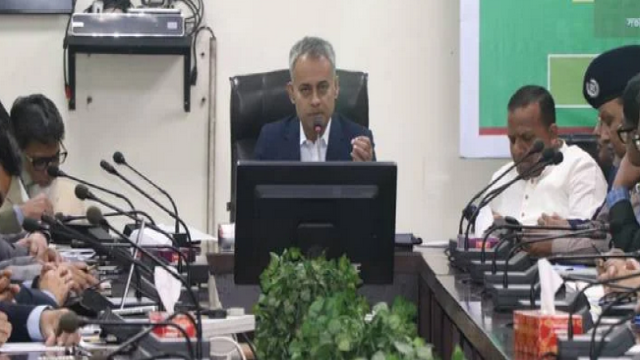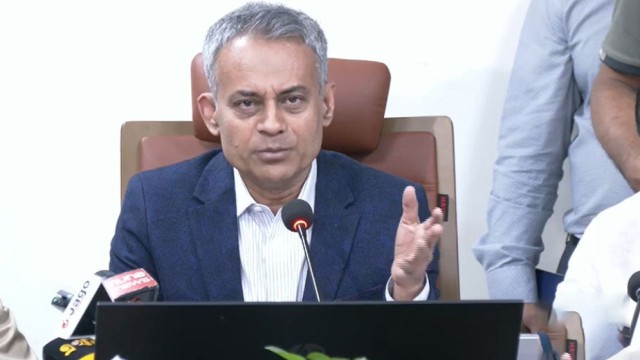The Japanese yen experienced a significant downturn on Wednesday, reaching a 34-year low against the US dollar, just over a week after the Bank of Japan (BoJ) announced an interest rate hike, marking a departure from years of ultra-loose monetary policy.
The yen weakened to 151.97 per dollar, its lowest level since 1990, before partially recovering to around 151.72.
This decline followed remarks by a senior central bank official suggesting a continuation of accommodative policies, despite the recent rate hike, in line with previous BoJ statements.
However, comments from the finance minister indicated a willingness to intervene against "excessive" forex movements, raising speculation about potential government actions to support the currency.
In the past two years, the yen has significantly depreciated from around 115 against the dollar, a trend accelerated by global central banks raising rates to combat inflation while the BoJ maintained ultra-loose policies.
While beneficial for exporters, the weakening yen has posed challenges for consumers due to increased import costs.
The recent BoJ rate hike, the first since 2007, signaled a shift from its unconventional monetary stimulus program, yet the yen continued its downward trajectory.
Wednesday's drop was exacerbated by remarks from BoJ board member Naoki Tamura, emphasizing the need for gradual policy adjustments, leading to renewed yen depreciation.
Finance Minister Shunichi Suzuki assured vigilance and readiness to act against excessive market movements, hinting at potential government intervention to stabilize the currency.
The last government intervention in forex markets occurred in October 2022, and recent comments from finance ministry officials suggest a similar approach may be considered.
Analysts anticipate continued scrutiny of verbal intervention, with lingering concerns about the yen's yield disadvantage and the possibility of further depreciation.






























Comment: